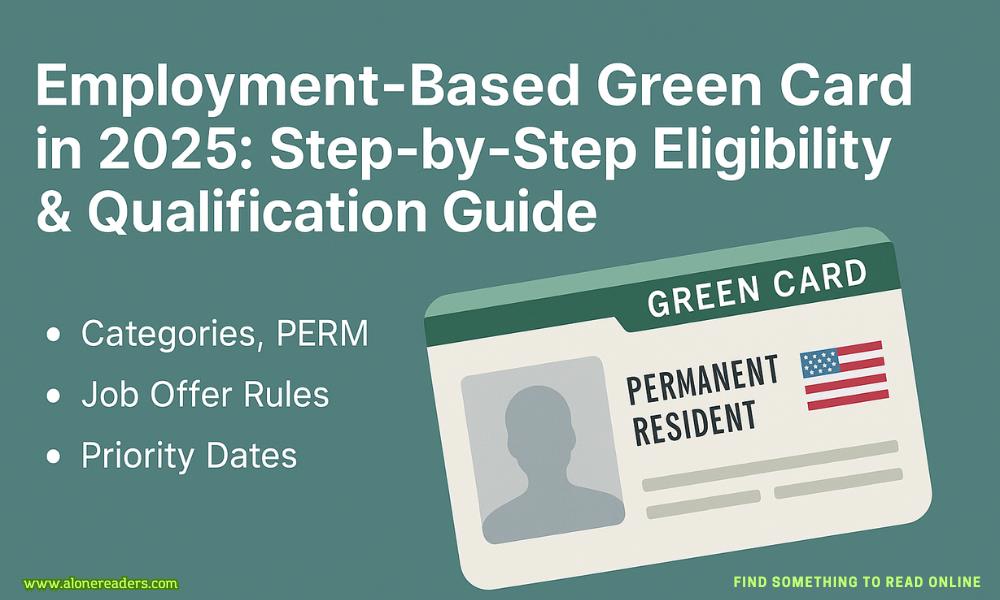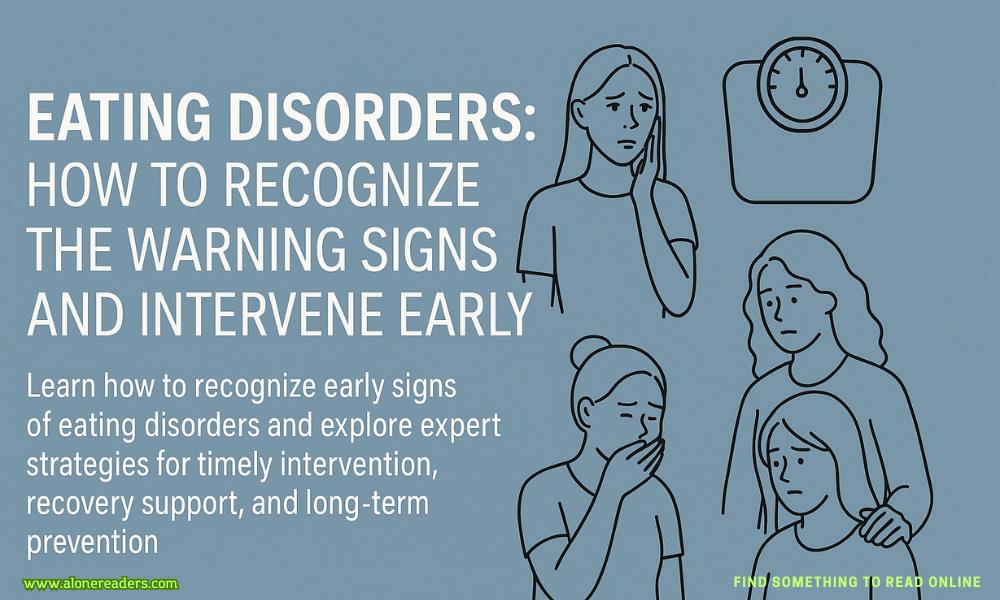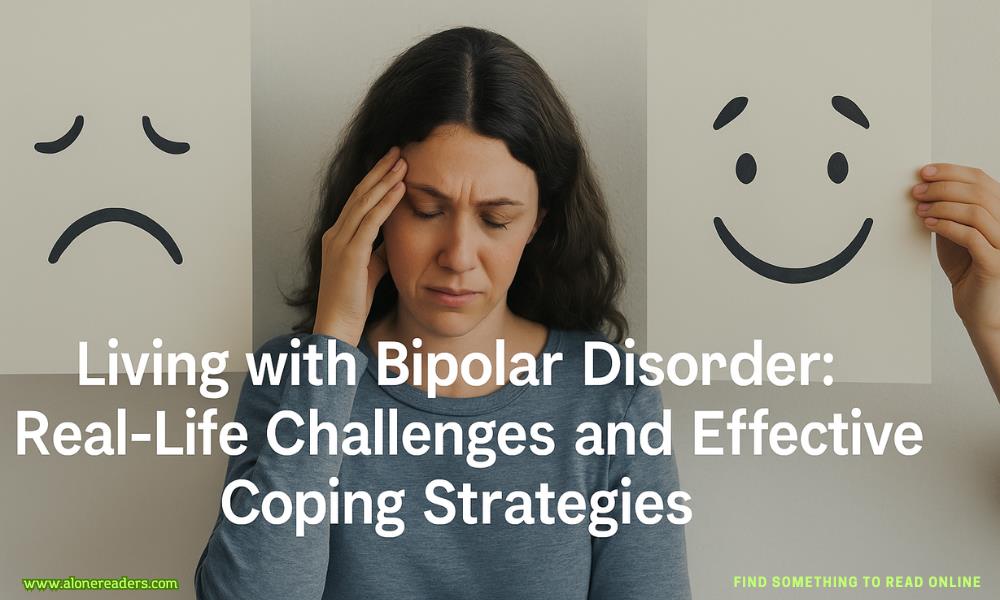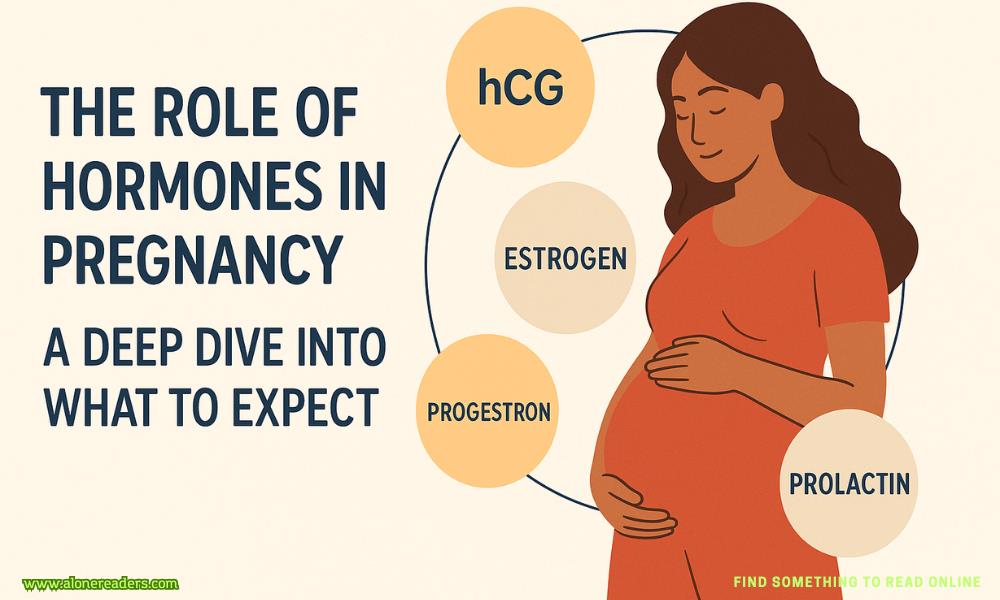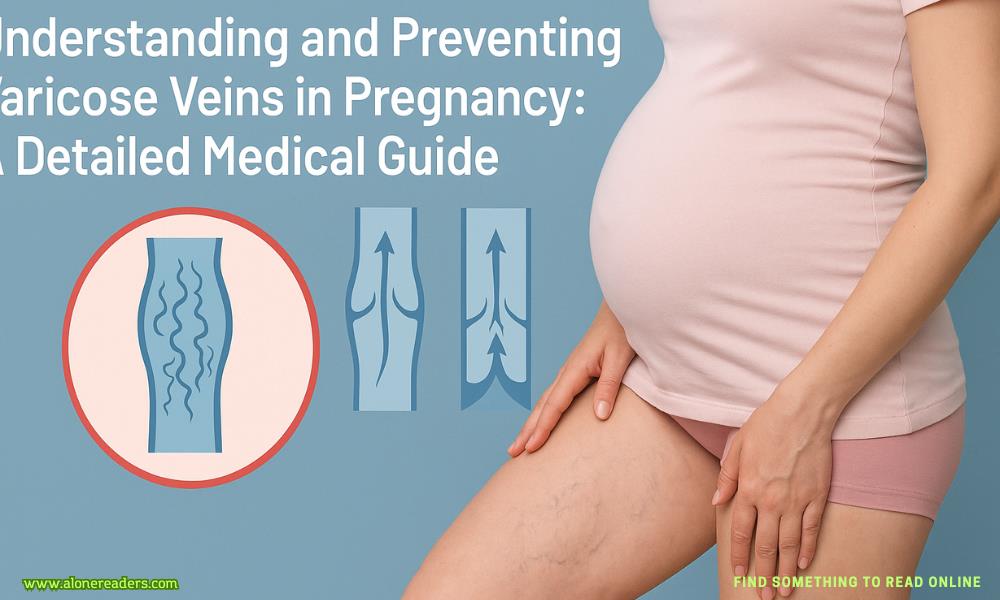Page 38 of Steal My Breath Away
My head jerked up, shattering the pretense that I hadn’t been paying attention. Ace had dropped out? He loved school. Every day he used to come over and tell Dad everything that he’d learned in every class. I’d been so wrapped up in my own pain, I’d forgotten that I wasn’t the only one affected by my father’s death. And if Ace wasn’t in class, I knew exactly where he would be.
After school, I made my way through the forest to the creek where Dad had taught Ace how to fish. Autumn had come and the forest floor was covered in leaves, the air crisp with a hint of the coming frost. I found Ace sitting against a tree on the bank, idly tossing stones into the water. He had to know I was coming from the crackle of leaves and the snapping of sticks under my feet as I approached, but when I sat beside him, he didn’t even turn his head.
I was twelve and I’d never lost anyone before. I didn’t know what to say—an unusual situation for me because people always thought I talked too much. I wanted to hug him, but I could feel the pain radiating around him, like a porcupine’s prickles warning people to stay away. I sat down, careful not to touch him, and forthe first time in my life, someone actually needed me to chase the silence away.
“Dad really liked you,” I said after a long moment. “He said you were part of the family. When we were going places together, he would always ask if you were coming, and when you weren’t there, he liked to tell us about interesting things you guys had talked about. He always put out an extra plate for you at dinner, too, even on days you weren’t coming, just in case you changed your mind.” Dad was gone but I would always carry his love with me. I had a lifetime of memories of hugs and kisses and laughter and stories. I wanted to give Ace something to carry, too.
Ace froze, his hand curled around a stone by his side. I took that to mean he wanted to hear more. So, I gave him more. Stories about camping trips and testing new recipes, Christmases where Dad dressed up as Santa, and one Easter where he dressed as a rabbit and fell into Paige’s blow-up pool. I told him how Dad had read bedtime stories, giving each character a different voice, and about the time he’d taught me to ride a bike, and the minute he let go of the seat I raced down the road and he had to call the neighbors to find me. I told him how one day, after Ace had helped him fix the car, he said he was blessed because he felt like he had three kids, not two.
Ace dropped his forehead to his knees and wrapped his arms around himself. His body shuddered as his tears formed small muddy puddles on the ground.
I’d never seen Ace cry. I’d never seen him be anything but a regular teenage boy, albeit quieter, more reserved, and more polite than Matt and his friends. He laughed at Dad’s jokes, played pranks with Matt, and was always around to lend a helping hand, whether it was in the kitchen with Dad, or carrying heavy boxes of files for Mom, or fixing swing sets and bicycle chains for me.
I wanted to cry, too. Everyone had cried. Mom cried at dinnertime when we ate the meals people had prepared for us, somehow knowing we couldn’t bear to be in the kitchen. Matt cried inhis bedroom at night when he thought we couldn’t hear him. But the tears didn’t come for me. Something inside me was broken and the black box had swallowed up my feelings. I tried hurting myself—paper cuts, falling off my bike, once I even took a kitchen knife and sliced my thumb. I watched sad movies and listened to sad songs, and one night I broke into Dad’s old restaurant, took down the “For Sale” sign, sat on his worn leather stool and imagined he was still alive. But nothing worked. I was frozen inside.
I awkwardly put my arm around Ace, and he leaned against me and sobbed until the light began to fade and the cool air chased the last of the late-summer warmth away.
When he finally looked up, his eyes swollen, face red, he seemed lighter somehow, like the tears had taken away his pain. I wanted that too, but even Ace’s tears weren’t enough to open up the core of me.
“We’d better get you home.” He held out his hand to help me up, and for some reason he didn’t let go.
“Mrs. Whitby told Mom you weren’t going to class,” I said as I kicked the autumn leaves.
“What’s the point?”
“I thought you loved learning. Dad said you were super smart, but you’d never been given a chance to shine. He told Matt he would need to work as hard as you if he wanted to become a dentist.”
“He was the only person who cared,” Ace said. “Now, it doesn’t matter.”
“I care.” And then because I didn’t want him to misunderstand, I added, “Mom and Matt care. Your grandmother cares…”
“You’re only twelve,” he said. “You don’t even know what you’re talking about, and I heard you’ve been hanging around with some bad people.”
“I wanted to feel something,” I admitted. “I don’t feel anything anymore. I thought they could help me.”
“That’s not the way to do it, bug.” He shook his head. “That’s a bad path. Drugs and alcohol will make you feel better for a shorttime, but then you need more and more, and it gets out of control. You need to let it out. You need to feel the pain.”
“I can’t.” I kicked another pile of leaves and stubbed my toe on a hidden root. “There’s nothing inside me but a black box that swallowed up all my feelings.” I’d never told anyone about the black box, but Ace had cried in front of me, and I knew he wouldn’t judge.
“That’s the kind of thing people write in songs,” he said. “You should write a song about how you feel. Maybe that will help.”
“I stopped writing songs when Dad died.”
I didn’t know how Ace knew about my songs. I’d been writing lyrics as long as I could remember. Mostly they were attempts to capture feelings that I didn’t have the vocabulary to express, or to say things that I was otherwise afraid to share. I didn’t have the kind of deeply emotive experiences many singers wrote about. My life until my father’s death had been a happy one. But the moment he said it out loud, I wondered if I should try again. Now, I knew death and sorrow. I couldn’t cry, but I knew pain.
As we walked the worn trail home, I told Ace about school and all the drama. I talked about shows I’d watched and a story I’d written for English class. I talked the way I used to talk when Dad was around. Ace listened. Really listened. He heard what I was trying to say.
When we finally reached the house, it was almost dark. Mom was still at work and the only light was coming from Matt’s bedroom window. Mom was leaving in the morning for another trip to Washington. She said she was trying to raise awareness about the problems with the medical system so people like Dad didn’t die when they weren’t supposed to.
“Ace?”
“Yeah?”
“Do you need a hug?”
“Yeah, bug. I do.” He got down on one knee and I gave him a hug and he hugged me back. I hadn’t had many hugs since Dad died. Mom always hugged me good night when she was home,but it wasn’t the same. Some nights she held me too tightly and other nights she barely held me at all. Ace hugged me just right.
“Matt cries, too,” I said after he pulled away. “But only at night in his room. Don’t tell him I told you because he’ll be angry. He thinks he has to be the man of the family now, but he doesn’t know what to do. He misses you. We all do.”
- Her Desert King by Marian Tee
- A Wife's Duty by Sam Crescent
- The Gift that Keeps On Giving by Jessa Kane
- Hard Hearts by Ella Goode
- Obsidian Devotion by Sylvia Rae
- Sold to the Single Daddies by Summer Haze
- Coast by Jessica Gadziala
- Jezebel's Liberation by Lacy Rose
- A Touch of Fate by Cora Reilly
- Relentless Knight by Lisa Cullen
- The Cheerleader by Jade Marshall
- With this Ring by Sierra Cartwright
- Axel by Kelly Finley
- Ice Cold Liar by Cynthia Eden
- Her Daddies' Everything by Laylah Roberts
- Bound By Lust by Rose Marie
